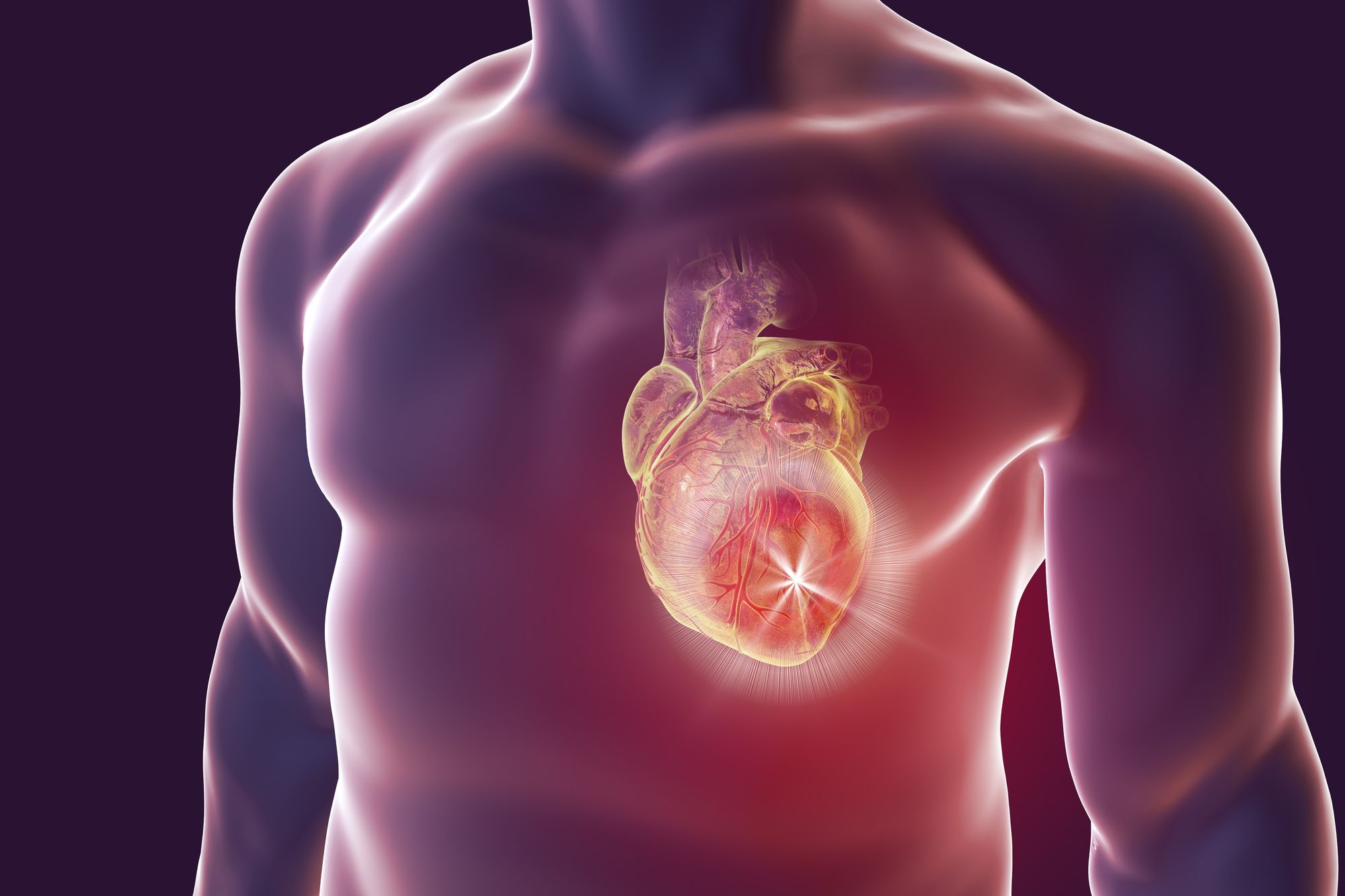Plaque, a sticky substance that builds up in the walls of the arteries, can restrict blood flow to the heart and other organs, depriving them of oxygen and other necessary nutrients. This can have serious consequences for overall health, as arteries play a critical role in delivering essential components to cells, tissues, and organs. Clogged arteries, a common condition called atherosclerosis, are the leading cause of cardiovascular disease, the number one cause of death in the United States. The National Heart, Lung, and Blood Institute reports that around half of Americans aged 45 to 84 have atherosclerosis but are unaware of it. Clogged arteries can affect various parts of the body and are linked to lifestyle choices and family history. While there are non-surgical methods for unblocking arteries, prevention is the best way to stay healthy. According to Jayne Morgan, MD, Cardiologist and Clinical Director of the Covid Task Force at Piedmont Hospital/Healthcare in Atlanta, GA, there is no magic pill or solution to reverse the damage caused by plaque buildup once it has occurred, making prevention the best approach.
1) Understanding Clogged Arteries: What You Need to Know

Clogged arteries can lead to a range of medical conditions, including coronary heart disease, angina, carotid artery disease, peripheral artery disease, and chronic kidney disease. The American Heart Association notes that plaque can accumulate in various locations and types of arteries, depending on the individual. According to Joseph T. McGinn, Jr., MD, Chief of Cardiac Surgery at Baptist Health Miami Cardiac & Vascular Institute, risk factors for clogged arteries include family history, diabetes, high blood pressure, diet, and smoking. McGinn emphasizes the importance of adopting a healthy lifestyle to maintain heart health, particularly for those with a family history of heart disease. Statins, or cholesterol-lowering drugs, are also a crucial tool in preventing the progression of clogged arteries. McGinn recommends consulting with a primary care provider or cardiologist to assess the risk of heart disease and determine the potential need for statin therapy.
2) Symptoms of Clogged Arteries

Chest pain, also known as angina, is the most common symptom of clogged arteries. Joseph T. McGinn, Jr., MD, Chief of Cardiac Surgery at Baptist Health Miami Cardiac & Vascular Institute, explains that chest pain occurs when an area of the heart does not receive adequate blood flow, often due to a clogged artery. Angina is typically a warning sign of an impending heart attack. If an individual experiences chest pain that persists, they should seek medical attention immediately. However, some artery conditions, such as high blood pressure and high cholesterol, may not have symptoms. As the arteries become more obstructed, blood flow can become more difficult, leading to narrowed or blocked arteries. Symptoms of artery conditions include chest pain, heart attack, stroke, numbness or pain in the arms or legs, shortness of breath, abdominal pain, and fatigue.
3) The Dual Threat of Plaque Buildup

Plaque accumulation in arteries poses a double threat to cardiovascular health, according to the American Heart Association. Firstly, plaque can break off and be carried by the bloodstream, leading to a blockage that impedes blood flow. Secondly, plaque buildup can narrow an artery, potentially causing a blood clot (thrombus) that sticks to the inner wall of the blood vessel. In either case, the artery can be blocked, cutting off blood flow to vital organs, such as the heart and brain. If an artery supplying oxygen to the extremities is blocked, it can result in gangrene, or tissue death. Atherosclerotic cardiovascular disease (ASCVD) is a condition that results from plaque buildup in arterial walls, leading to conditions such as acute coronary syndrome and peripheral artery disease. ASCVD can also lead to a range of serious health issues, including heart attacks, stable or unstable angina, stroke, transient ischemic attack (TIA), or aortic aneurysm.
4) Ways to Clear Your Arteries of Plaque

Dr. McGinn notes that while proper medical therapy can halt the process of plaque buildup in arteries, it cannot reverse it. Two common medical treatments for blockages are stenting and arterial bypass. Stenting is a procedure that involves inserting a small tube into the artery to keep it open after removing the plaque, allowing blood to flow more easily. Arterial bypass surgery creates a new pathway around a blocked section of the artery using a blood vessel from another part of the body or a synthetic vessel. Both procedures are highly effective in treating blockages.
According to the National Health Service, there are currently no treatments available to reverse atherosclerosis, but making healthy lifestyle changes can help prevent it from getting worse. Medications, such as statins for high cholesterol and blood pressure, and those to reduce the risk of blood clots, like low-dose aspirin or clopidogrel, may also be recommended. Additionally, dietary changes and medication may be recommended for those with diabetes. In some cases, medical procedures, such as coronary angioplasty, coronary artery bypass graft, or carotid endarterectomy, may be necessary to bypass or widen affected arteries.
5) Tips for Preventing Clogged Arteries

According to medical experts, adopting a healthy lifestyle is key to mitigating and preventing atherosclerosis or plaques in the coronary arteries. This includes consuming a healthy diet that is rich in leafy green vegetables, fruits, lean meats, and low-fat dairy products while limiting processed foods high in sugar and saturated fats, as well as avoiding fast food. For individuals with diabetes, it's important to keep the condition under control as it can significantly contribute to the development of atherosclerosis. Maintaining a healthy weight, increasing physical activity, and avoiding tobacco or nicotine products are also crucial in improving overall health. Additionally, it's recommended to take medications as directed by a healthcare provider if at risk for atherosclerosis due to family history or high cholesterol.

